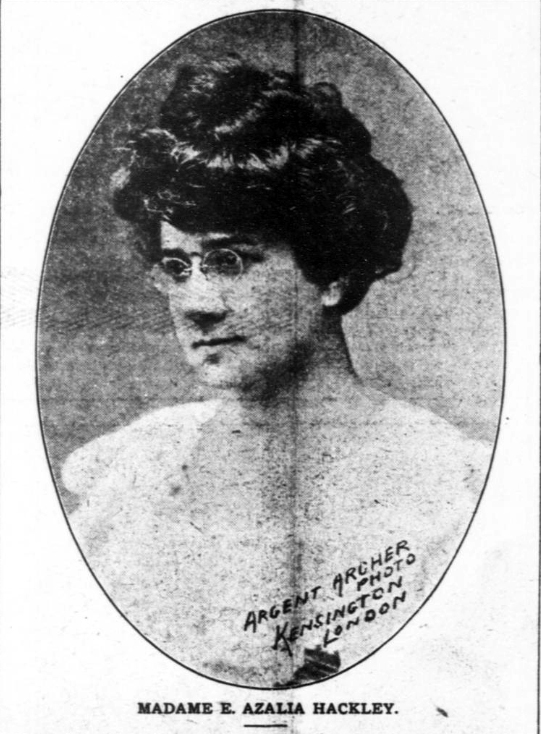Story
Chronicling America—and Denver’s African American Past
In September 2016, History Colorado started work on the Colorado Digital Newspaper Project, funded by a grant from the National Endowment for the Humanities, to digitize 20 historic Colorado newspapers. Our first title, the Statesman, which later became the Denver Star, is now available—for free—on the Library of Congress Chronicling America website.
In September 2016, History Colorado started work on the Colorado Digital Newspaper Project, funded by a grant from the National Endowment for the Humanities, to digitize 20 historic Colorado newspapers. Our first title, the Statesman, which later became the Denver Star, is now available—for free—on the Library of Congress Chronicling America website.
The Statesman is just one of over 2,300 newspapers from the United States and Puerto Rico on Chronicling America. That’s nearly 12,300,000 pages! We’re very proud to present the Statesman (1905–1912) and Denver Star (1912–1918), which you can begin browsing here on Chronicling America, as well as here (and here) via the Colorado Historic Newspaper Collection.
Founded in 1888 and published in Denver, the Statesman was a weekly paper that served the African American community in Colorado, Wyoming, Montana, Utah, and New Mexico. The paper acted as a channel through which its readers could “voice their opinions, assert their rights, and demand their due recognition.” The newspaper reported local, church, and society news and events, as well as national stories that would be of particular interest to African Americans residing in the Mountain West. The publication also featured op-eds about interracial marriage, Jim Crow Laws, and segregation. When the controversial movie Birth of a Nation was released in 1915, the paper, by then known as the Denver Star, ran opinion pieces condemning the film, noting in one such piece that its evil “lies in the fact that the play is both a denial of the power of development within the free Negro and an exaltation of race war.” The paper repeatedly called on its readership to boycott Birth of a Nation and printed scathing opinion pieces such as a speech delivered by William Lewis, the first African American assistant attorney general, in which he referred to the reels of the film as “three miles of filth.”
In 1898, George F. Franklin bought the Statesman from Hackley and served as editor until his death in 1901, after which his widow, Clara Williams Franklin, and his son, Chester Arthur Franklin, acted as editor/publishers. In August 1906, the Statesman became Franklin's Paper, The Statesman. Then in November 1912, C. A. Franklin announced that the Statesman would become the Denver Star, stating that it was “a change of name and nothing more,” in order to distinguish it from the similarly titled Colorado Statesman, edited and published by J.D.D. Rivers, the original editor of the Statesman. In March 1913, Franklin sold the Denver Star to the Denver Independent Publishing Company, which published the paper under this name until 1963.



